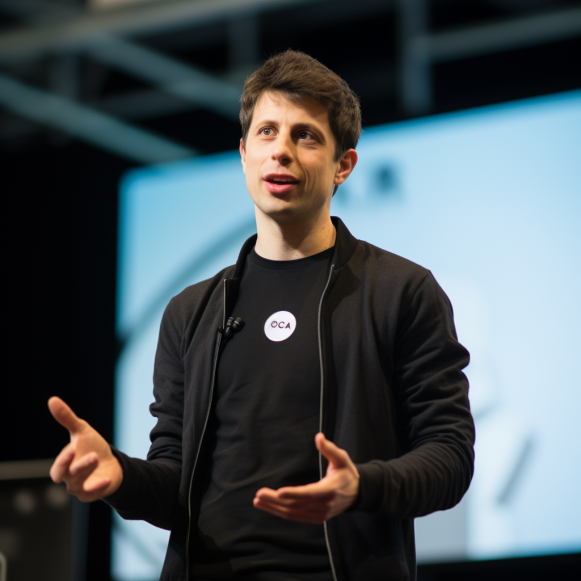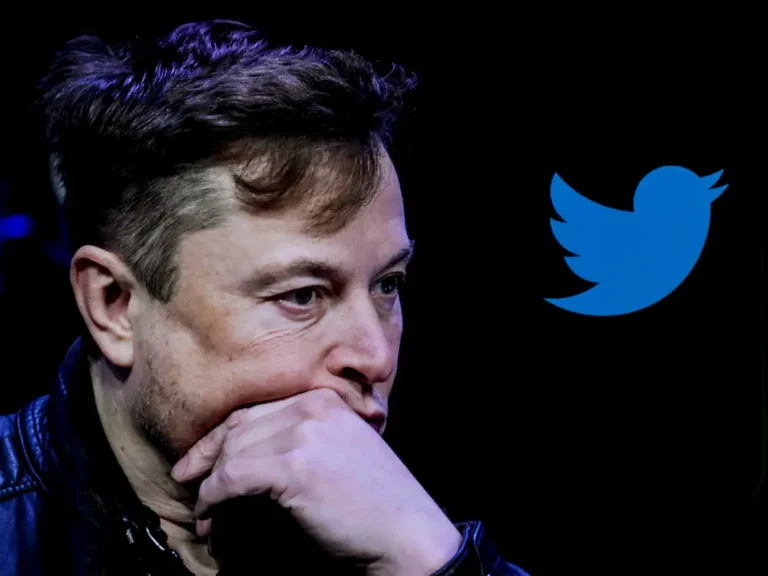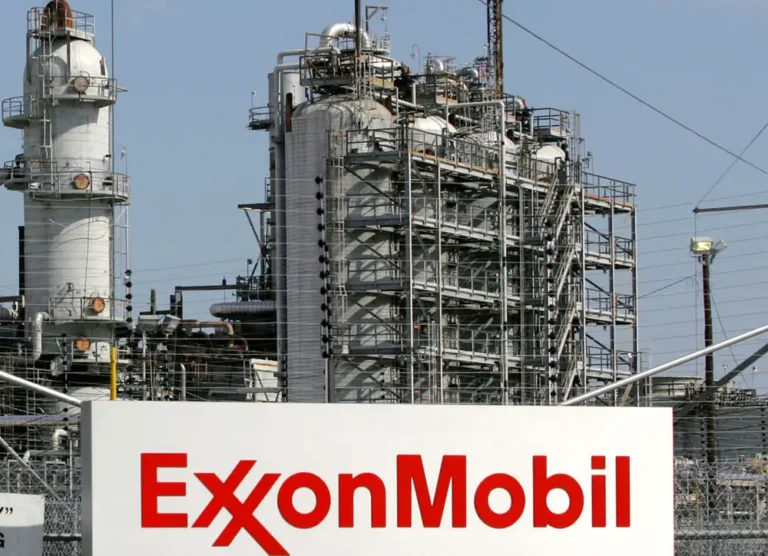How Sam Altman’s $850 million SPAC could help turn nuclear power into a mainstream energy source

- OpenAI’s Sam Altman is taking nuclear startup Oklo public through a SPAC expected to close in 2024.
- Altman insists nuclear is crucial to meeting the intense energy needs AI will demand.
- The Oklo SPAC deal will mark a watershed moment for the energy source, industry experts told Insider.
According to industry experts, the public debut of Oklo, a nuclear startup chaired by Sam Altman, could be a watershed moment for the power source.
The OpenAI CEO intends to list Oklo through a merger with a special purpose acquisition company (SPAC) in a deal worth up to $850 million.
Altman, who has led Oklo’s board since 2015, has insisted that nuclear will be essential to meeting the high energy demands of the AI revolution, which he has accelerated with the launch of ChatGPT last year.
“A nuclear company going public is a clear signal to the market that nuclear energy can be an energy resource for everyone; it is not simply the preserve of governments developing and financing mega-projects, which was the status quo until very recently,” Insider’s Matthew Honeyben, a partner at law firm CMS who focuses on energy and climate, said.
Nuclear is frequently promoted as a means of decarbonizing the energy system due to its ability to produce energy without emitting greenhouse gases 24 hours a day. This has earned it a spot on the Intergovernmental Panel on Climate Change’s four net-zero pathways, while Russia’s invasion of Ukraine, which raised energy security to the top of the international agenda, has also sped up a nuclear renaissance.
According to PitchBook data, this has resulted in intense investor demand for nuclear startups, which have raised $1.7 billion in the first half of the year and look set to exceed 2022’s $2.35 billion haul.
Nuclear and AI can go hand-in-hand
Altman stated in a July interview with CNBC that there is no way to eliminate the use of fossil fuels without nuclear energy. He also stated that the future would be “much better” if the cost of both energy and intelligence were reduced. Because AI requires a lot of energy, investing in nuclear is a good idea, according to Douglas Hansen-Luke, whose venture firm Future Planet Capital invests in the sector. He went on to say that AI can also be used to help with nuclear rollout by modeling different reactors and analyzing their thermodynamics before physically building them.
“This is the first time we’ve had a well-known investor outside of the deep tech space publicly come out, talk about nuclear as a clean energy solution, and link that to AI,” Hansen-Luke explained.
“This is a watershed moment in that sense.” It connects two of the most pressing issues facing the world today: unlimited energy and unlimited computing power.”
Despite its benefits, nuclear power has many detractors who argue that the risks outweigh the benefits of providing continuous clean energy. Different governments view nuclear in vastly different ways, with France eager to play a pivotal role in its revival while neighboring Germany chose to phase out its operational plants.
Fission versus fusion
Nuclear power is classified into two types: fission and fusion. Fission energy is created by splitting atoms, whereas fusion energy is created by combining them. According to the International Energy Agency, all existing nuclear energy is created through fission, which accounts for approximately 10% of the world’s electricity supply. Fission generates radioactive waste that can last for thousands of years.
Fusion technology is safer and does not generate long-term radioactive waste, but it has yet to be cracked. According to Victoria McIvor, a former climate tech VC who now consults energy startups, the explosion in AI can help accelerate development.
Some progress has been made. Tokamak Energy, a British fusion startup, announced in 2022 that its plasma had reached 100 million degrees Celsius, the temperature required for commercialization. Plasma is the state of matter that follows gas and is extremely conductive.
Altman has also invested $375 million in Helion, a fusion startup that has signed a landmark agreement to supply energy to Microsoft by 2028.
Rebuilding the fission ecosystem
Fusion is “often heralded as the vision of the future,” but if Oklo’s SPAC is successful, it will show that fission is not to be overlooked, according to McIvor.
Other players include Newcleo, a British firm that raised $320 million last year and is now aiming for a $1 billion raise. X-energy, a small modular reactor startup, announced in December 2022 that it would also go public via SPAC in a $2 billion deal. Fission is currently used in small modular reactors.
McIvor added that fission faces fundamental challenges in terms of cost, supply chain availability, workforce shortages, waste management, and public perception. “That’s the problem with fission; we’re resurrecting a technology that has been neglected for so long that all of the infrastructure around it must be rebuilt.”
An ecosystem deploying everything from supercomputers and artificial intelligence to human resources to make nuclear power more scalable and efficient is expected to emerge, “all of which is long overdue and much needed if we are to reach our net zero targets,” CMS’ Honeyben said.






